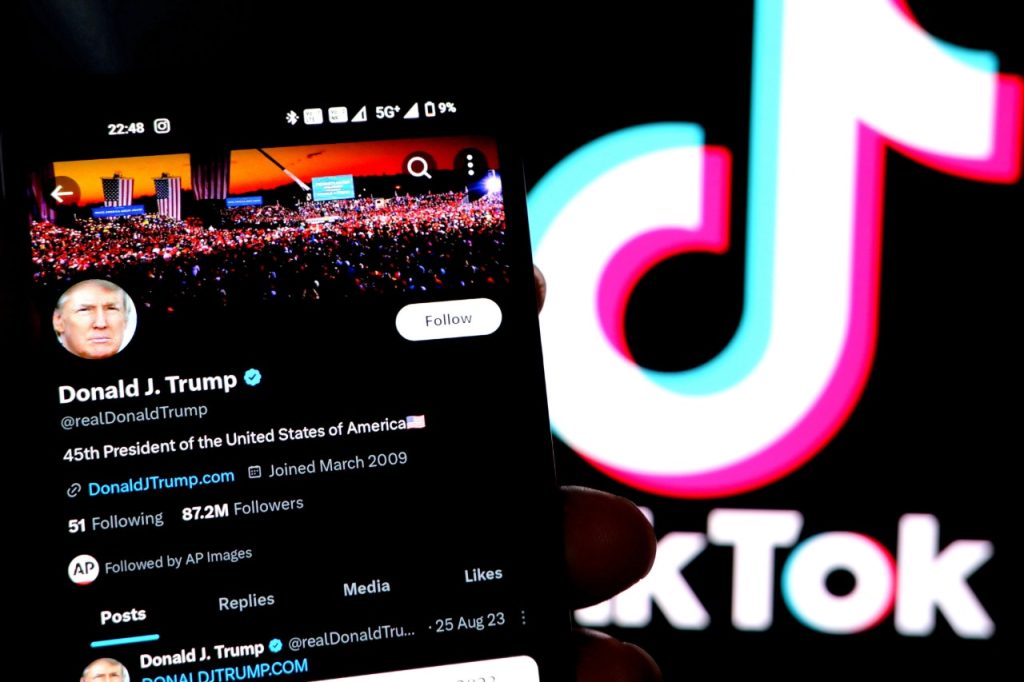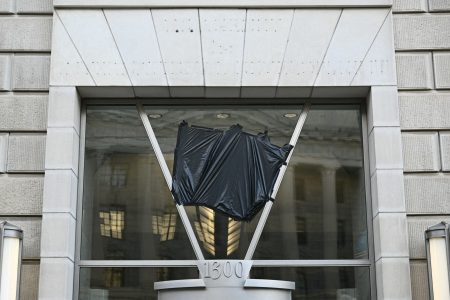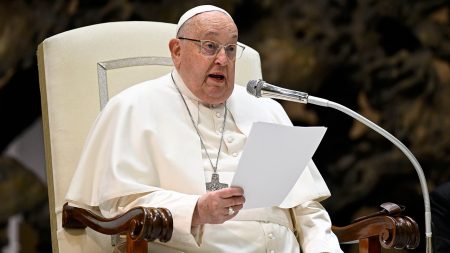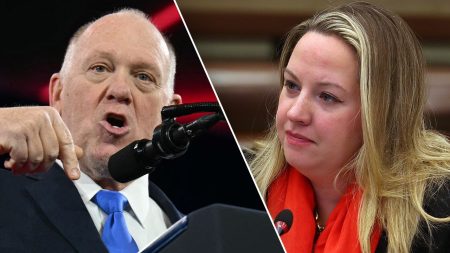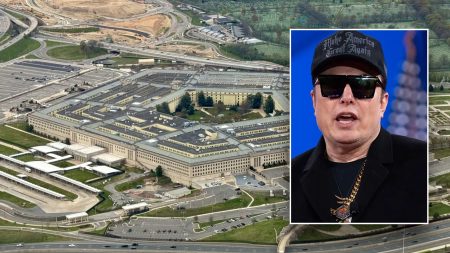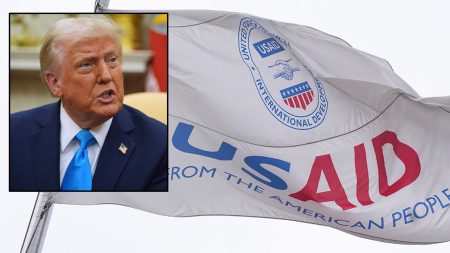The fate of TikTok in the United States hangs in the balance as the Supreme Court hears oral arguments in a pivotal case that pits national security concerns against First Amendment protections. The crux of the matter revolves around the Protecting Americans from Foreign Adversary Controlled Applications Act, enacted by Congress last April. This law mandates that TikTok, the immensely popular social media platform, either divest from its Chinese parent company, ByteDance, or face a nationwide ban, effectively removing it from U.S. app stores and hosting services. This ultimatum has sparked a heated legal battle, culminating in the Supreme Court’s expedited review, with a decision expected just nine days after the oral arguments. The outcome will undoubtedly have profound repercussions for the vast user base of approximately 170 million Americans who rely on the app for entertainment, communication, and information.
TikTok’s legal team is poised to argue that the forced choice between divestiture and a ban constitutes a clear violation of First Amendment rights, specifically the protection of free speech. They will contend that the law represents an overreach by Congress, failing to explore less restrictive alternatives before resorting to such a drastic measure. TikTok’s lawyers will likely emphasize the potential chilling effect on online expression and the disproportionate impact on a platform that has become an integral part of the digital landscape. The argument will center on the idea that the government’s concerns, while valid, can be addressed through less intrusive means without resorting to an outright ban that effectively silences a major platform for communication.
Conversely, the Biden administration is expected to defend the law, emphasizing the potential national security threats posed by TikTok’s Chinese ownership. The government’s argument will likely focus on ByteDance’s potential influence over the app, and the possibility of data harvesting or manipulation that could compromise American user information. The administration will attempt to delineate between the company’s control of the app and the content generated by its users, arguing that the law targets the former and not the latter. This distinction is crucial to their argument that the law does not restrict speech based on viewpoint or content, thereby avoiding a direct conflict with First Amendment principles. The administration will likely stress the importance of safeguarding national security against potential foreign influence, particularly in the digital realm.
The core of the legal debate revolves around the delicate balance between national security interests and fundamental freedoms. The Supreme Court must grapple with the complex question of whether the potential risks posed by TikTok’s Chinese ownership justify such a drastic measure as a nationwide ban. The justices will scrutinize the arguments presented by both sides, weighing the government’s concerns about national security against TikTok’s claims of First Amendment infringement. The court’s decision will set a significant precedent for future cases involving the regulation of social media platforms and the interplay between national security and free speech in the digital age. It will also shape the landscape of online communication and the accessibility of information for millions of Americans.
The expedited nature of the hearing underscores the urgency of the matter and the potential consequences for all parties involved. The nine-day deadline for a ruling adds further pressure to the already complex legal considerations. The Supreme Court’s decision will not only determine the fate of TikTok in the U.S. but will also send a powerful message about the limits of government regulation in the digital sphere and the extent to which national security concerns can justify restrictions on online platforms. The outcome will have far-reaching implications for the future of social media, online communication, and the balance between security and freedom in the digital age.
The case underscores the evolving challenges posed by the globalized digital landscape and the increasing intersection of technology, national security, and fundamental rights. The Supreme Court’s decision will be closely watched by policymakers, tech companies, and civil liberties advocates alike, as it will undoubtedly shape the future of online platforms and the regulatory framework governing their operations. The outcome will have profound and lasting consequences for the way we communicate, access information, and navigate the ever-evolving digital world.




